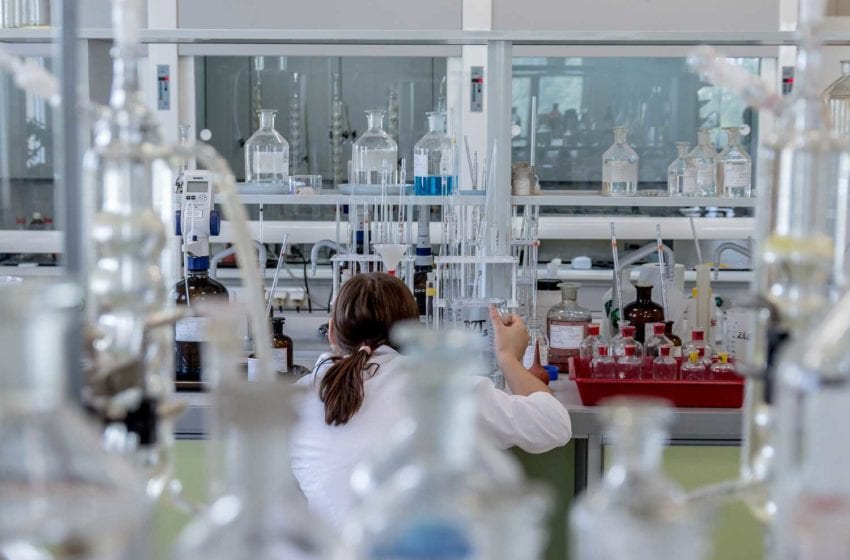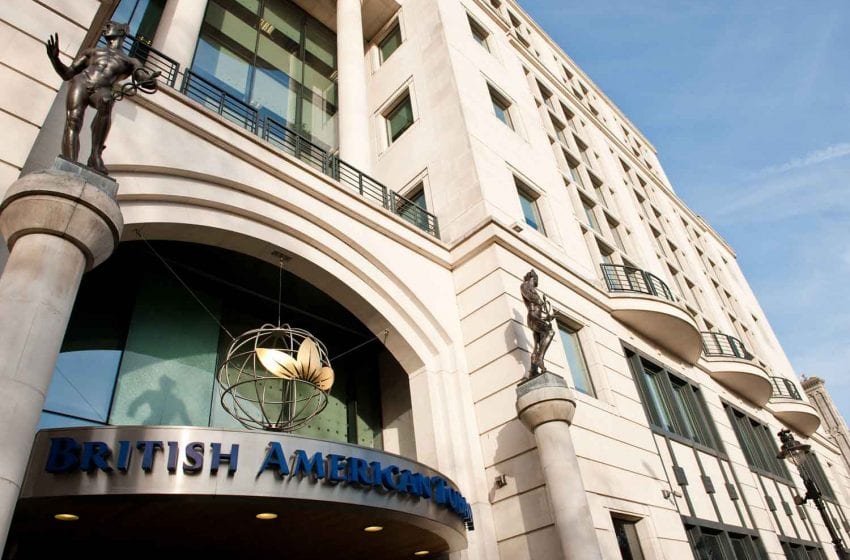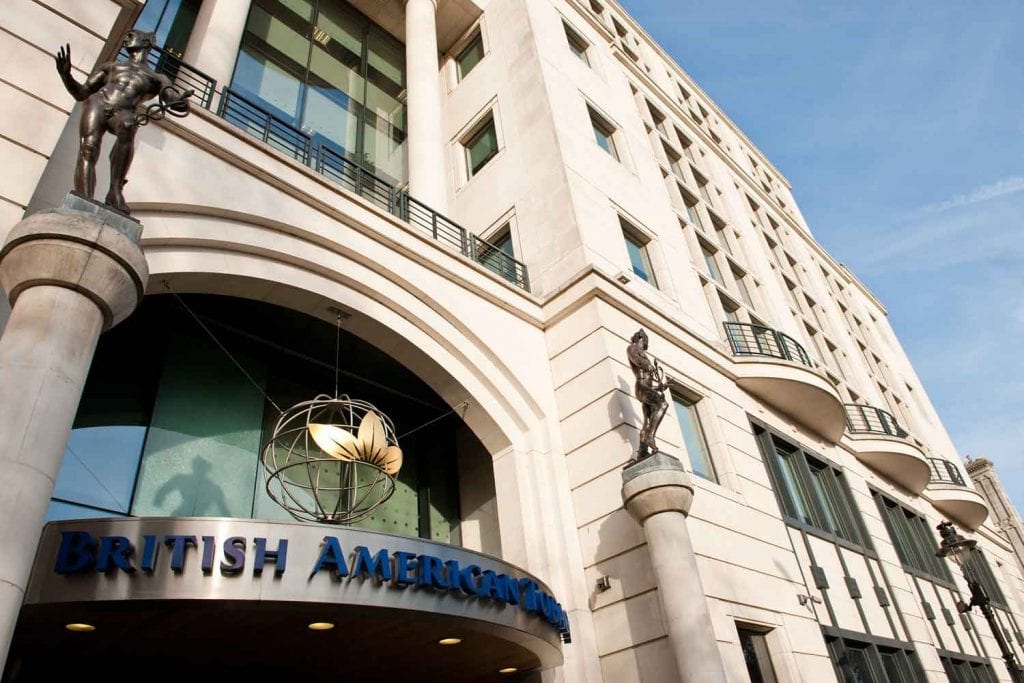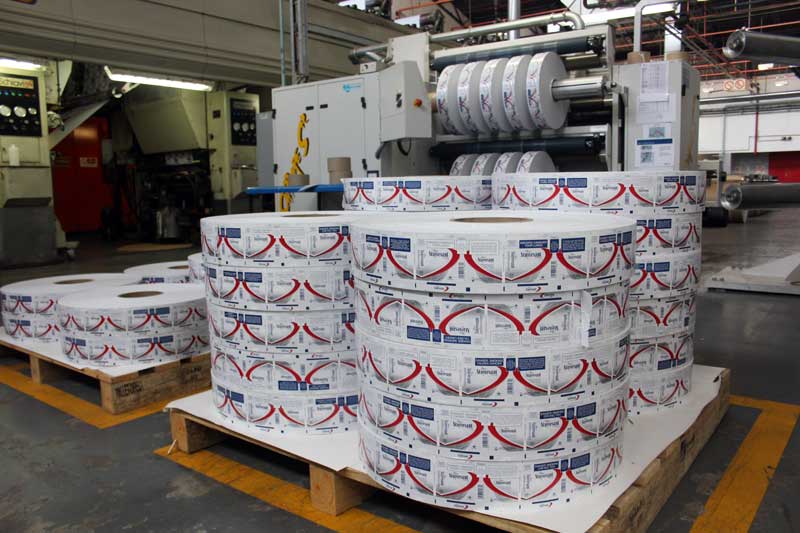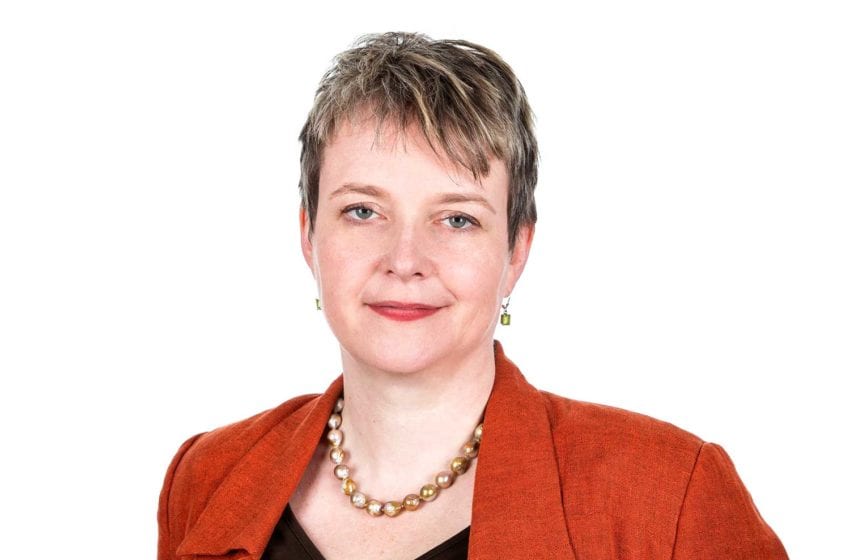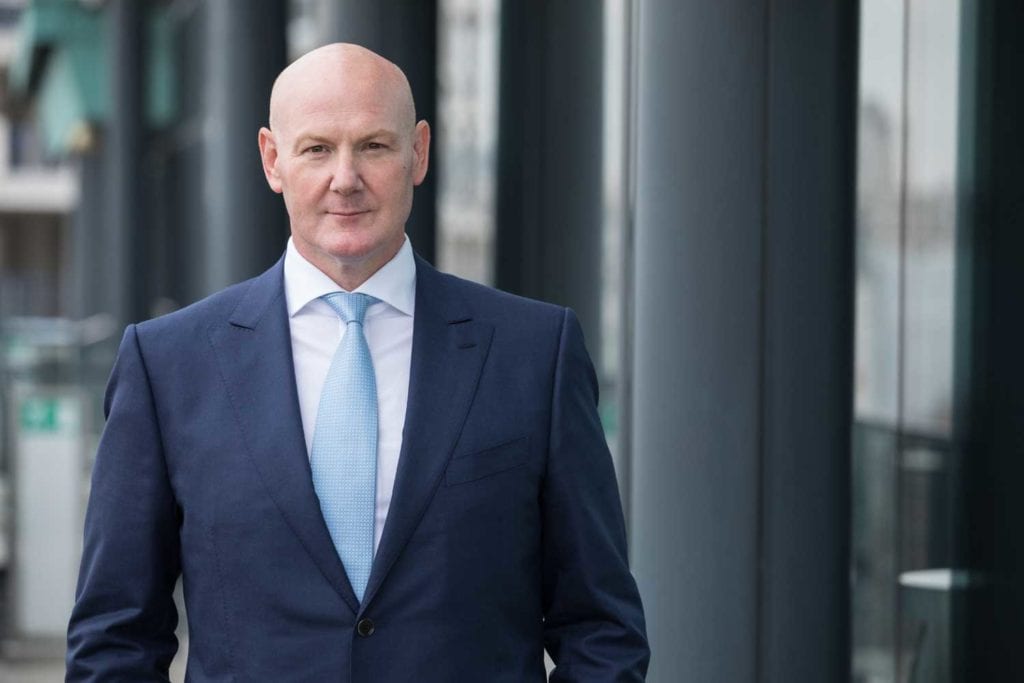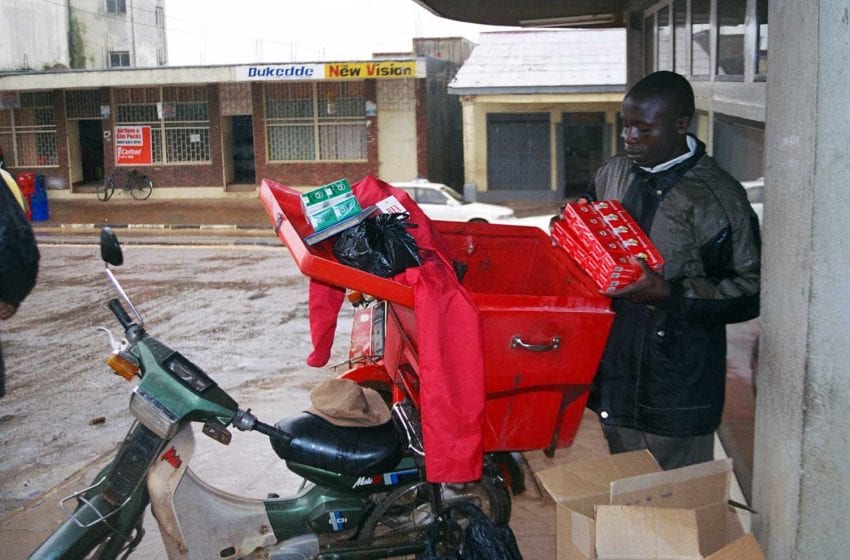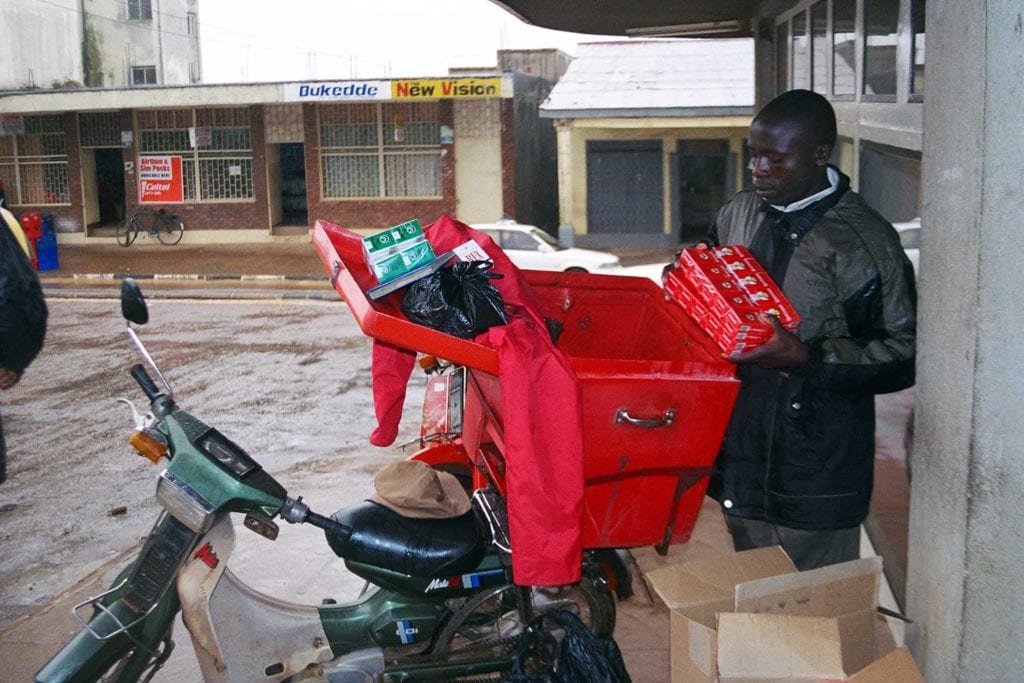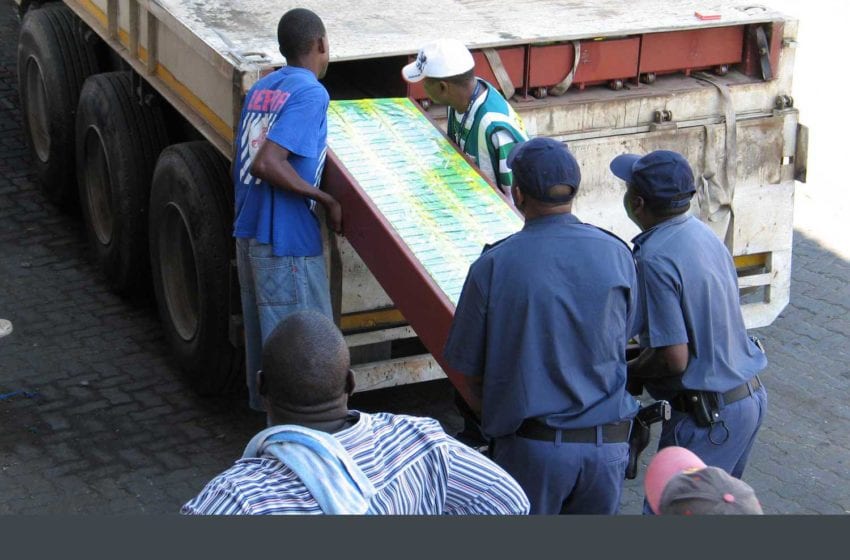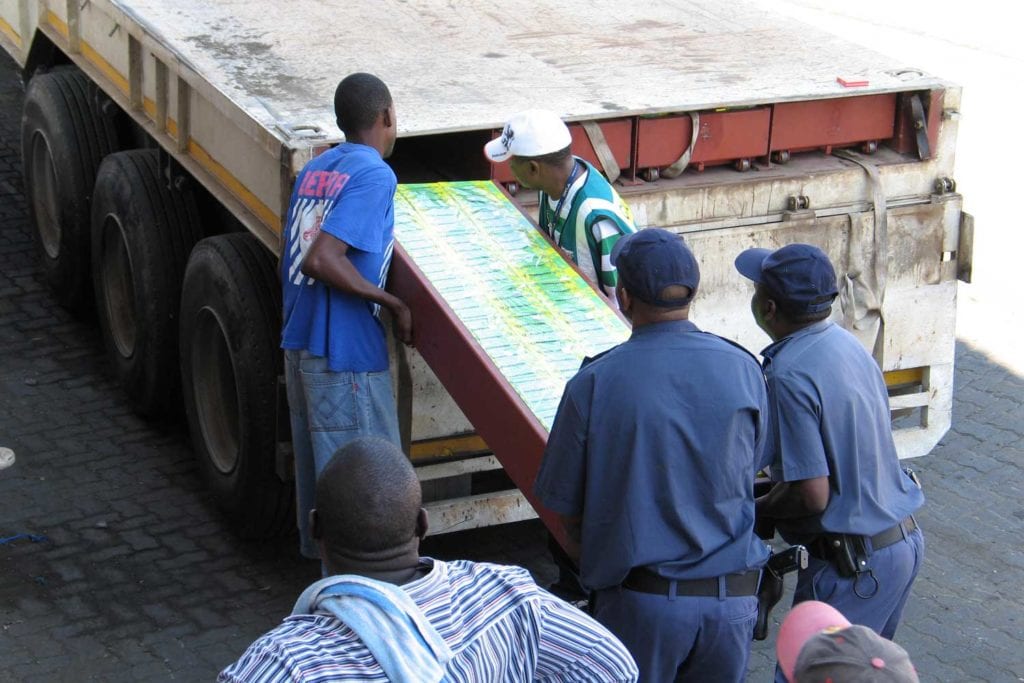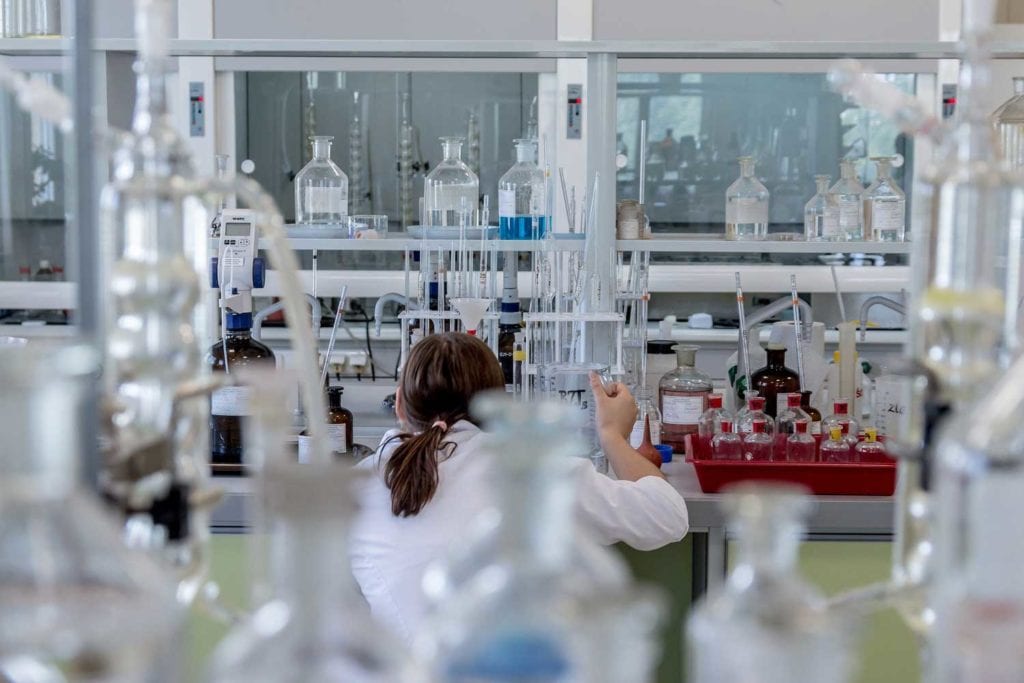
Lexaria Bioscience Corp. has entered a research and development framework agreement with British American Tobacco (Investments) Limited (BAT) to investigate Lexaria’s technology for potential use in nicotine products.
R&D work under the agreement will be paid for by BAT.
“Lexaria is pleased to work with British American Tobacco on these research and development activities,” said Lexaria CEO Chris Bunka in a statement.
The agreement does not contemplate development of oral nicotine consumer products in North America, given Lexaria’s existing North American relationship with a leading U.S.-based tobacco company. The agreement is expected to be completed within six months, though provisions exist to extend the agreement if required.
Based in Kelowna, British Columbia, Canada, Lexaria is a global innovator in drug delivery platforms. The company has developed and markets DehydraTECH, which allows cannabidiol and other oils to be dehydrated into an odorless, tasteless powder and mixed with xanthan gum, corn flour and other base ingredients that can then be added to foods, drinks and creams.
It also allows drugs and—in the case of CBD—vitamins to enter the bloodstream faster than existing drug delivery platforms.

